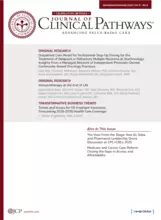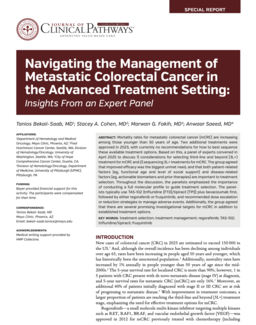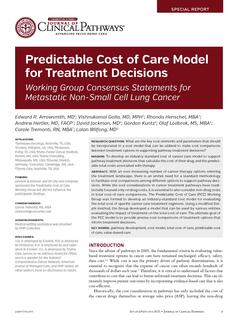Biosimilar Uptake and Pricing Trends Reveal Mixed Impact on Patient Out-of-Pocket Costs
A retrospective analysis presented at ASCO 2025 highlights how biosimilar entry between 2014 and 2023 has driven down prices and reference product market share in oncology and supportive care—but has not consistently reduced out-of-pocket (OOP) costs for patients.
Using MarketScan claims data and Average Sales Price (ASP) figures from Centers for Medicare and Medicaid Services (CMS), researchers examined 1 040 456 claims across 28 biologics (22 biosimilars and 6 reference products) in both commercial and Medicare Part B markets. Findings showed that, following biosimilar market entry, ASPs for reference treatment and supportive care biologics declined on average by 1.3% and 2.8% per quarter, respectively.
Reference product market share eroded over time, with declines varying by payer type. Reductions were more pronounced in the commercial market than in Medicare as of Q4 2023, with quarterly market share losses ranging from 2.2% to 14.6%—most significantly among treatment biologics.
Despite these shifts, biosimilar availability did not uniformly translate to lower OOP costs. While average monthly OOP costs in 2023 fell for 4 reference biologics in the commercial market and 5 in Medicare, the results suggest that biosimilars may not consistently alleviate financial burden for patients.
These findings underscore the need for targeted policy or plan-level strategies to ensure that biosimilar-driven savings reach patients at the point of care.
Reference
Liu X, Xu X, Lu Z, Shih YC. Assessing biosimilar entry in the market for biologic cancer drugs. Presented at the 2025 American Society of Clinical Oncology Annual Meeting; May 30-June 3, 2025. Chicago, Illinois.













